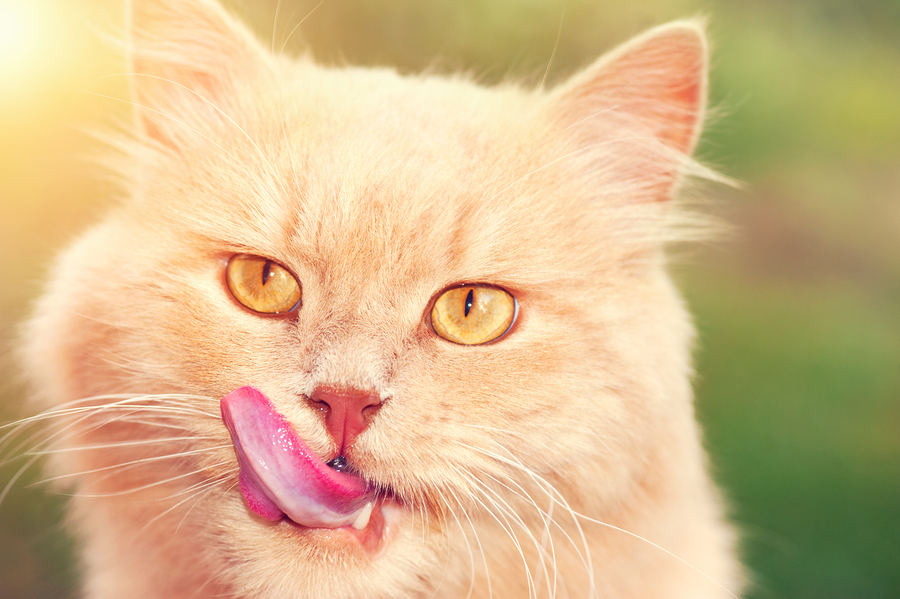Can a cat be a vegetarian or vegan pet? No. Here’s what I told a reader who asked about whether cats really need meat in their diets.
Q: Why is it so important for cats to have meat in their diet? Humans and dogs can get by without it.
A: Cats come with a special label: obligate carnivore. Its meaning is just as it sounds: Cats must eat meat if they are to survive and thrive.
An essential amino acid called taurine is one of the reasons that meat is so important to a cat’s good health. The feline body can manufacture some amino acids (which you may recall from grade school as the building blocks of proteins), but the essential amino acids, such as taurine, which is found only in animal tissues, must be added to a cat’s diet.
Taurine is what powers excitable cells — those that are part of a nerve or muscle. The brain, the skeletal muscles, the heart, even the retina of the eye are all excitable tissues and need taurine to function. A cat’s heartbeat, vision, movement and brain function are all dependent on taurine.
Cats who don’t get enough taurine can develop a type of heart disease called dilated cardiomyopathy (DCM). It was just 30 years ago that Paul Pion, DVM, discovered the link between DCM in cats and a diet deficient in taurine. Turns out that taurine is largely destroyed by cooking, so pet food manufacturers had to readjust their recipes to ensure that cats received enough of the essential amino acid in their diet. People who feed cats a homemade diet must be sure to supplement the food with taurine.
Other health problems related to taurine deficiency include reproduction problems in female cats (known as queens); reduced growth in kittens; and central retinal degeneration, which can lead to irreversible blindness. In fact, in Pion’s 1987 study, 27 percent of the cats in the study also had central retinal degeneration.
Read more, including an overview of the bacteria that live on your pets (and you!) in this week’s Pet Connection!


